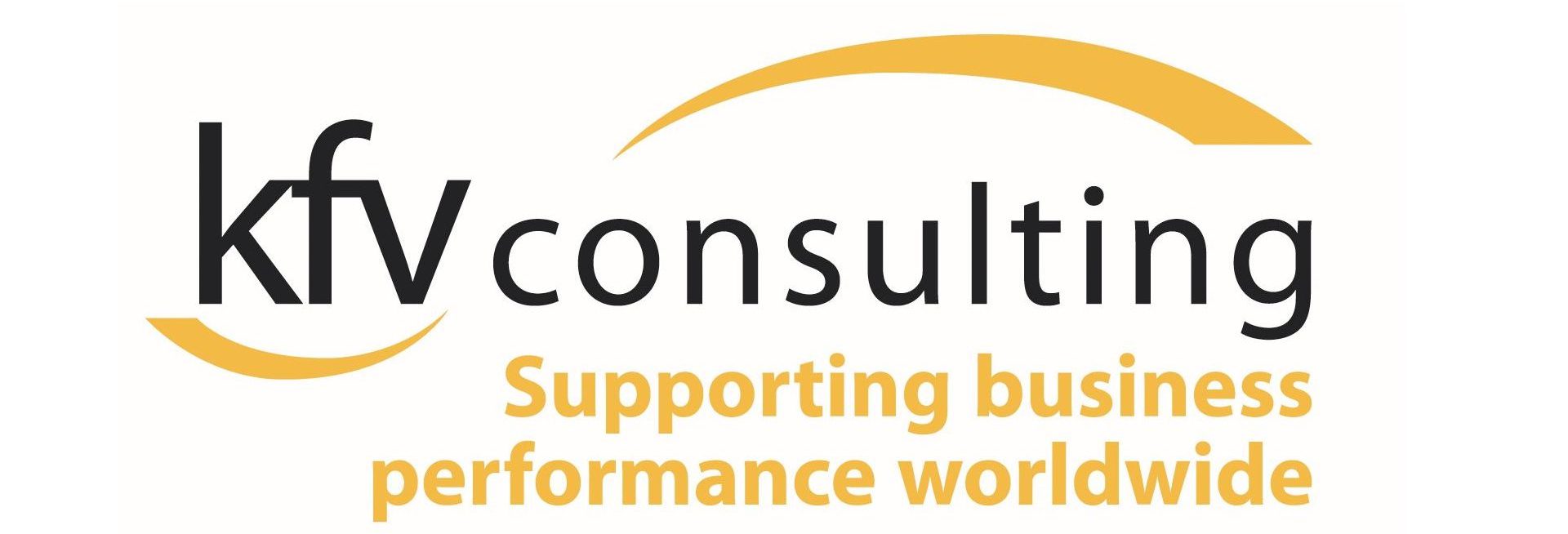Coming out of a recession, you will need true leaders
Issues covered:
The challenges that will be brought about by the speed of change, the world of the Cloud and the scale of growth as we come out of recession, will require a new generation of leaders who are able to learn quickly and act wisely – both now and in the future. Global expansion, market complexity, data security issues and hyper-competitiveness raise the stakes even further. More effective strategies are needed to develop the next generation of leaders faster and on a larger scale than ever before.
At KFVC, our experience, having worked with literally thousands of leaders, is that “training” is the reason leadership development fails. The terms “training” and “development” have somehow become synonymous. They are not.
Overview
Training focuses on best practices. Development focuses on next practices. Training is often a bit of a “sheep dip”. It is rote, one directional; one dimensional, one size fits all. Training is an authoritarian process that imposes static information on people. The majority of training is a monologue (lecture/presentation) rather than a dialogue. Perhaps, worst of all, training usually occurs within a vacuum. It is driven by the organisation and trainer’s past experience. Future strategy is seldom incorporated. So, already you will be limiting your outcome by the experience of your “trainer”.
The Solution
The solution to creating a new generation of organisational leaders is to move from “training” to “development”. Don’t send high potential employees to training sessions. Create experiential workshops, coach them, mentor them and develop them.
Training attempts to standardise normalise and acclimatise. Development creates differentiation. Your people will challenge the status quo. Training is something that is imposed. People will embrace and look forward to development. Development is contextual, collaborative and flexible. Above all, individuals can take accountability and the necessary actions needed to become true leaders.
Some of the main differences between training and development:
| Training | Development |
| Transactional | Transformational |
| Normalises | Takes people beyond normal |
| Focuses on technique, content, curriculum | Focuses on people, their present and future |
| Tests patience | Challenges courage |
| Maintains status quo | Encourages growth |
| Sticks to standards | Makes the most of individual potential |
| Focuses on the role | Focuses on the individual |
| Indoctrinates | Educates |
| Supports “as is” | Creates the foundation for innovation |
| Stifles culture | Enriches culture |
| Designed for compliance | Emphasises performance |
| Encourages efficiency | Encourages effectiveness |
| Focuses on problems | Focuses on solutions |
| Reinforces reporting lines and hierarchy | Expands influence |
| Mechanical | Intellectual |
| Based on the known | Explores unknowns |
| Creates a comfort zone | Pushes out the comfort zone |
| Training is a process | Development is a journey |
So, if you desire static worker bees – train them. If you’re seeking leaders who are innovative, critical thinkers develop them. For sustained success, every business enterprise must evolve, so must its leaders.
This article is correct at August 2020

